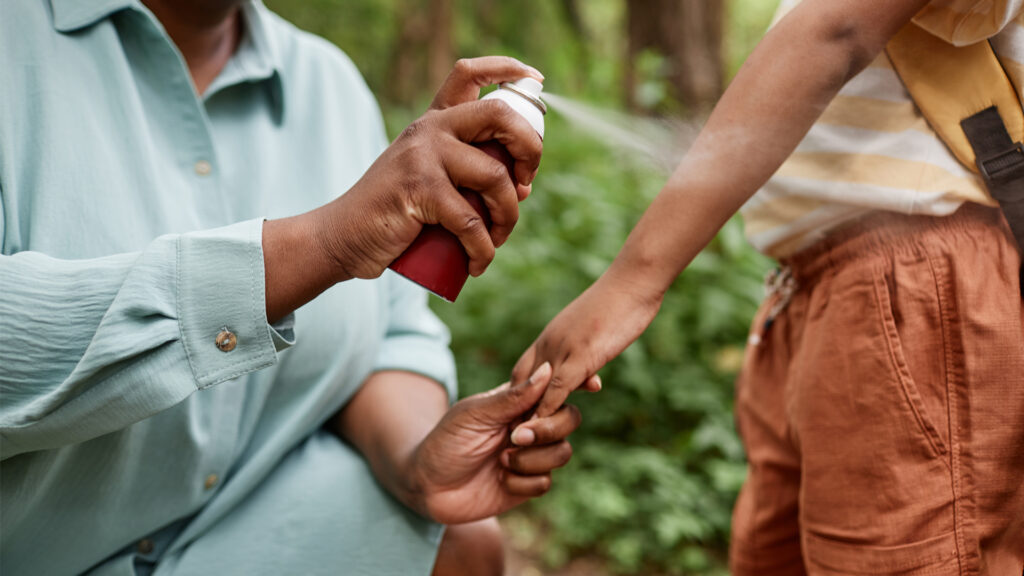Recently in my office, I saw a patient who had just arrived from Cuba. The 18-year-old woman had suffered for 10 days with fever, headache and muscle pain.
Though she was feeling better, I suspected she may have had dengue fever. So, I asked the patient’s mother if dengue is prevalent in Cuba now. Her response: There is no dengue but, “El nuevo virus está acabando, casi todo el mundo tiene este virus” — meaning the new virus (Oropouche) is causing chaos, and almost everyone has it.
As if dengue were not enough, Oropouche is now spreading in Latin America. And if my patient is any indication, it’s probably here in South Florida, too. As a pediatrician in Miami, I am concerned about the impact of this virus — and of dengue — on children’s health, as we all know children are more vulnerable to infections.

Oropouche is a novel virus, identified for the first time in the Oropouche River region of Trinidad and Tobago in 1955. It is transmitted to humans mainly through biting midges, but it can also be spread by mosquitoes — including those native to south Florida.
Most people infected by Oropouche have mild symptoms, if any. But the virus can cause high fever, headache, discomfort with bright light and muscle or joint pain. In some cases, rash and vomiting may occur. Rarely, Oropouche can cause bleeding disorders, meningitis and encephalitis
Infection during pregnancy can result in fetal death and deformities, similar to the Zika virus. And two fatal cases were recently reported, in young Brazilian women with no other health issues.
So far, there have been around 8,000 confirmed Oropouche cases reported in five countries: Bolivia, Brazil, Colombia, Cuba and Peru. In May, the Pan American Health Organization/World Health Organization (PAHO/WHO) issued an Epidemiological Alert on Oropouche fever in the Americas.
Health experts worry about the potential for a larger Oropouche epidemic, especially with the growing movement of people and goods, which can facilitate the spread of the insect vectors.

Climate change also plays a role: In a rapidly warming world, disease-carrying insects are becoming more prevalent and widespread. That’s why we’ve seen a rise in vector-borne diseases in recent decades, and the Intergovernmental Panel on Climate Change predicts further increases in malaria, dengue, Lyme disease and West Nile virus if measures are not taken to slow their spread.
Now Oropouche has come from obscurity to join that list of vector-borne public health threats. But we are not powerless to stop it: Knowledge about the disease and vector control are the keys to preventing the spread of Oropouche — and dengue — in South Florida and elsewhere.
The remedies are familiar. Apply insect repellant, especially to kids playing outside. Remove standing water from your yard. Pay attention to travel alerts, especially if you are pregnant. And do your part to fight climate change — and the public health challenges a hotter world will bring.
Agustin Rivas, MD, is a board-certified pediatrician in Miami. In Dr. Rivas’ private practice, he cares for low-income and homeless individuals. He also serves as the Education Committee Chair for the Florida Clinicians for Climate Action and is a 2024 Climate Health Equity Fellow with the Medical Society Consortium on Climate and Health.
If you are interested in submitting an opinion piece to The Invading Sea, email Editor Nathan Crabbe at ncrabbe@fau.edu. Sign up for The Invading Sea newsletter by visiting here.
,



